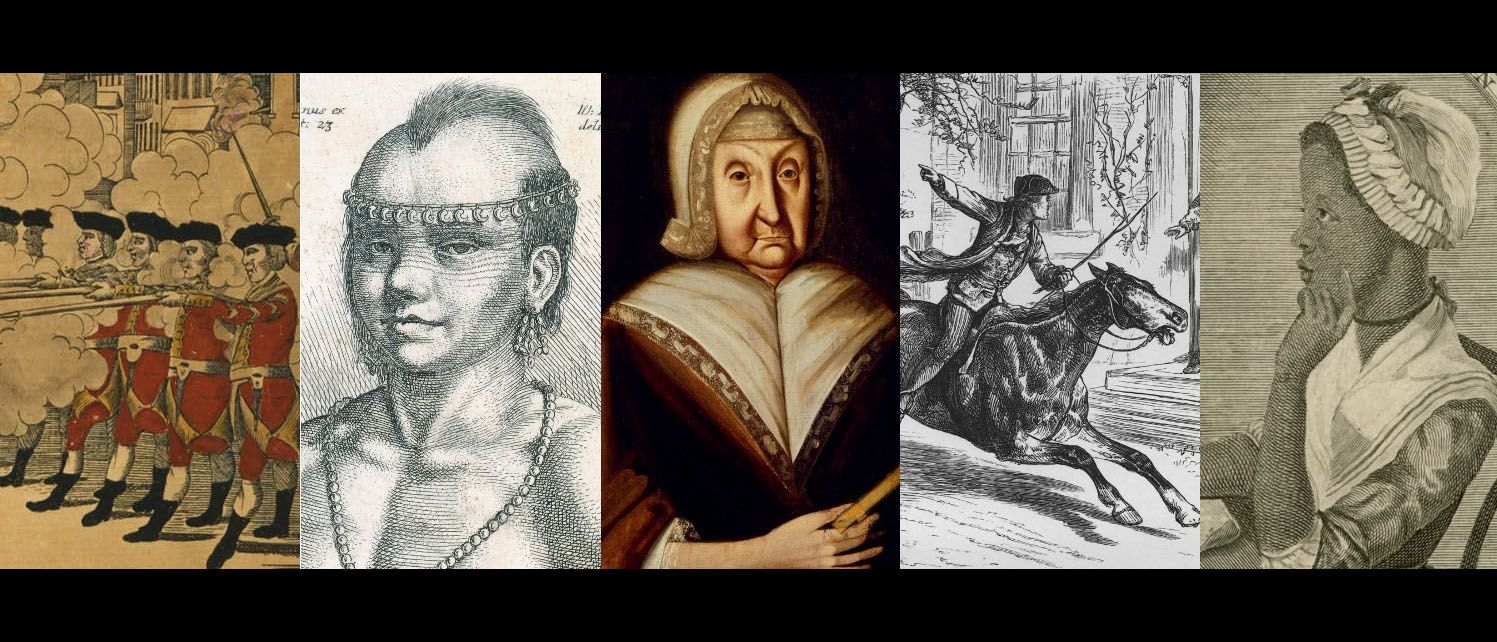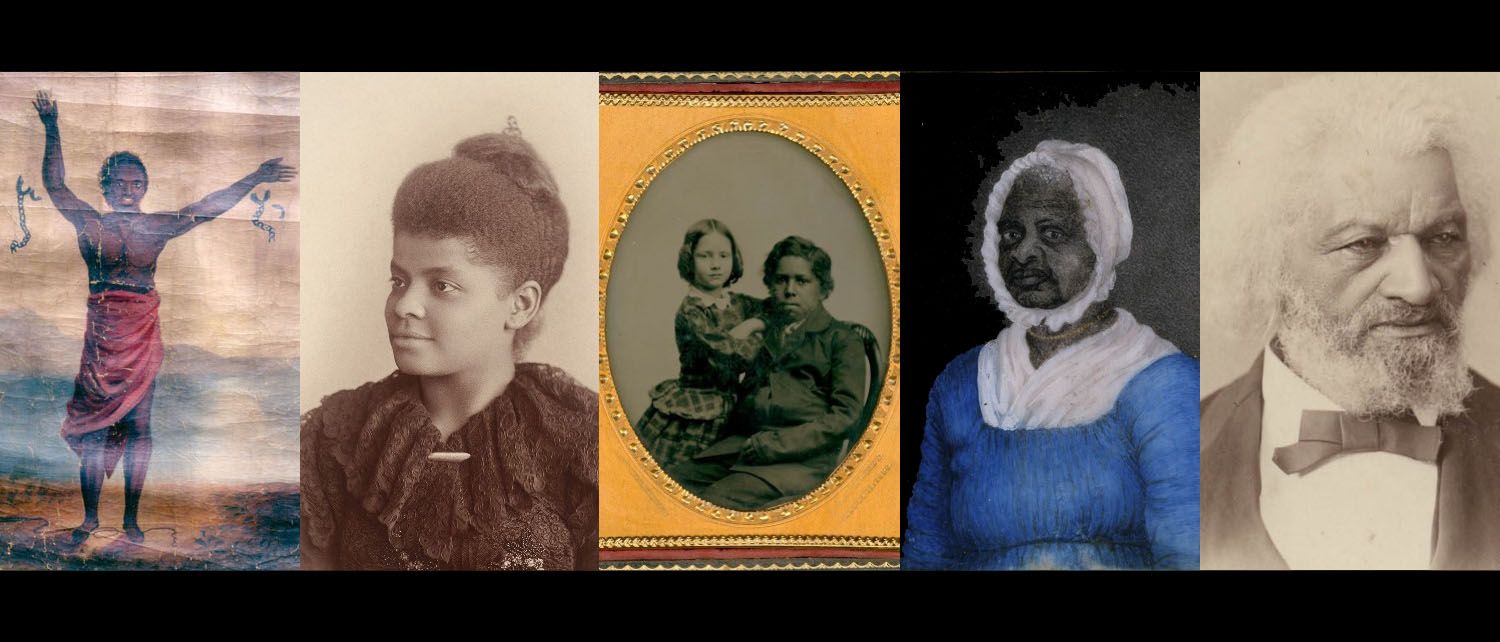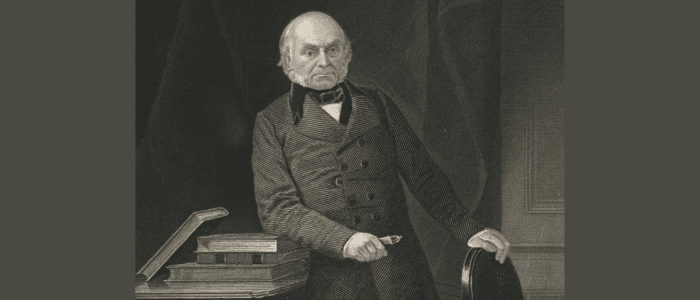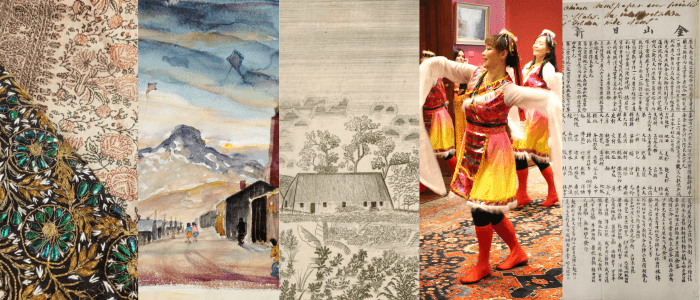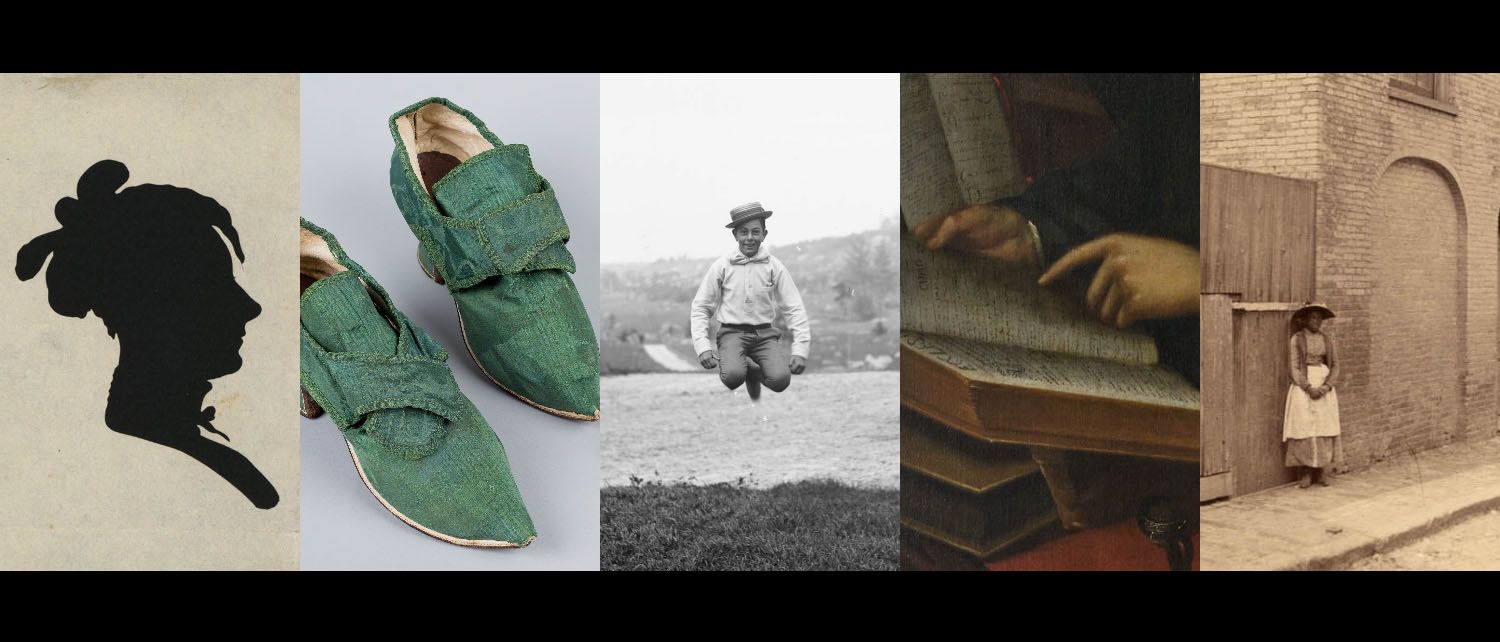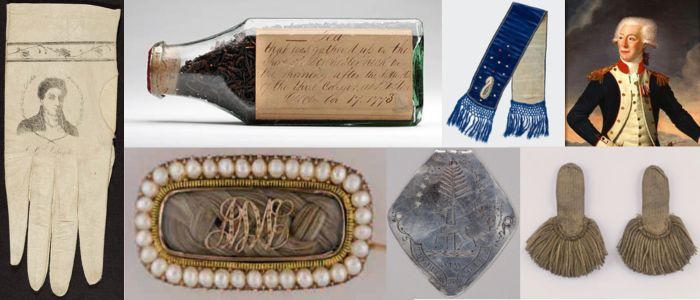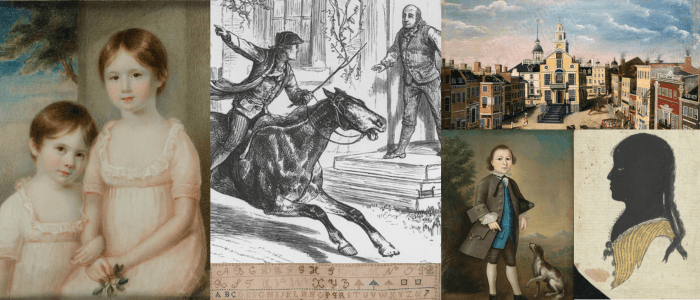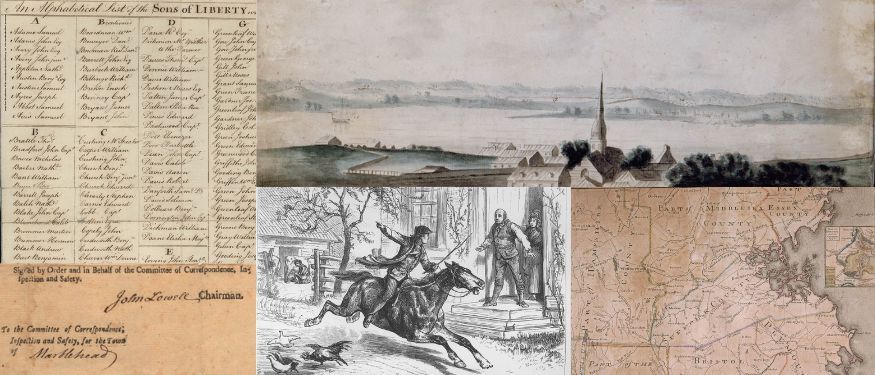Event

Women & Children First: The Trailblazing Life of Susan Dimock, M.D.
Susan Wilson, in conversation with Jackie Jenkins-Scott
This is a virtual event.
A young North Carolinian who dreamed of becoming a physician, Susan Dimock was not the first American woman to battle the patriarchal medical establishment. But in the 1870s, she was arguably the best-educated, most-skilled woman surgeon in the nation. Dimock studied medicine in Zurich and Vienna, executed complex surgeries, and trained America's first professional nurses, ultimately inspiring a new generation of female surgeons. Join us online as author Susan Wilson and Jackie Jenkins-Scott, former president of the Dimock Community Health Center, discuss Susan Dimock’s place in medical, women's, and world history.
The virtual program will begin at 6:00 PM and will be hosted on the video conference platform, Zoom. Registrants will receive a confirmation message with attendance information.
By registering you are agreeing to abide by the MHS Visitor Code of Conduct.
